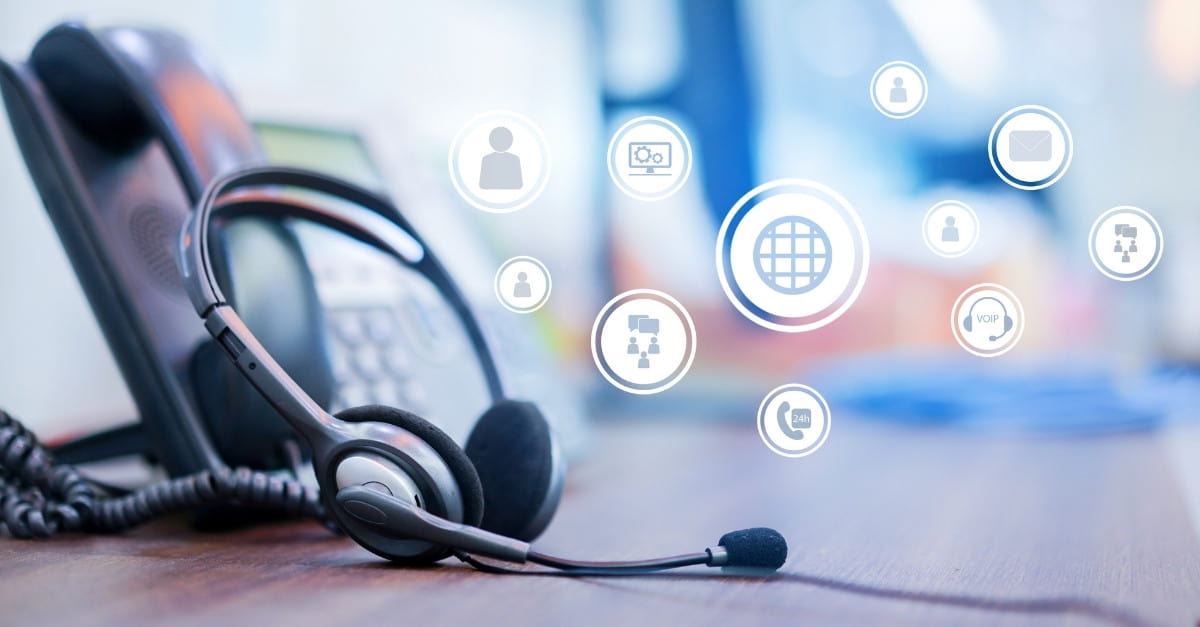IT Security Isn’t Supposed To Be Easy!
With the onset of the digital age, IT sectors have shown fast growth in the last decade. With the quick digital transformation, significant challenges have also accompanied along with it. The alarming factor for every IT company is the security of their data. Data has become the new electricity, flowing through all the directions, in and out of the company. The modern technologies handle these data to arrive at various solutions and decisions for the businesses. A single data breach can collapse the company within seconds. Hence, the importance of IT security is a top priority for any business involving a massive amount of data.

The security has also grown more sophisticated with advancements in the latest edge-cutting technologies, but not always airtight. Data breaches have become a common term in the last few years with multiple attacks on many companies, leading to strengthening their IT security. Providing rock-solid security is not possible even in the digital age. That’s why companies have a hard time looking for the right techniques to safeguard their data.
Microsoft and CISCO have been leading from the front in providing robust IT security. They have come up with the latest techniques and protocols to enhance safe and smooth operations within IT departments. The necessary process of securing data is ensuring strong password protection with active-backup, in case of loss of data. The primary method used in the modern system is:
Multi-Factor Authentication:
Microsoft multi-factor Authentication is the security process that allows access to the user only after verifying multiple credentials in more than two ways. The increased number of steps has tightened the security, and the user can decide if more checks are needed. It is mainly used in customer identity and access management platform to ensure the safety of their users. The different steps should comprise from something they have, something they know or something they are for more easy and safe access. Hackers and malware attacks can easily derive passwords if they are weak and has a fragile security system. There are many types of multi-factor authentication used for various purposes, and they are as follows:
- SMS token: It sends a text message to your registered mobile number containing a PIN number, which should be used to authenticate your login. This is in addition to the traditional username and password.
- Email token: It sends a text message to your registered email ID containing a PIN number used to verify your login credentials. This can be helpful when mobile phones are not present with the user.
- Hardware token: It is a hardware token that needs to be inserted into the device used to log in to authenticate your credentials. It is quite expensive and is used only for high-value and at-risk customers than the general public.
- Software token: An authentication application is installed in the device used for login, making it as a token for authentication. The device can be connected to the application software rather than carrying the hardware at all times for login verification.
- Phone call: It calls the registered mobile number to inform the PIN required for login authentication. This step can be used if SMS and Email tokens fail to receive.
- Biometric verification: The latest addition to the Microsoft multi-factor authentication is the biometric authentication with the help of fingerprints or facial recognition. It is easier for customers to login instantly without any waiting for PIN numbers.
There are some more ways in practice like social login, security questions, and Risk-based authentication, which are used in rarity.
Microsoft and Cisco security solutions:
Microsoft security has been the top-notch security provider since the onset of the digital era. Microsoft provides IT security solutions for small businesses as well as for tech giants. Microsoft Office 365 has sturdy security and backup option making it reliable in events of data loss. It has password management systems that store and manages passwords in an encrypted form and provides access by entering a master password. Password managers offer additional security by using multiple login verification steps. Microsoft Azure is another tool that protects cloud-based services. It identifies threats and instantly responds to it, making sure no data breach occurs. Cisco security solutions provide a similar type of security through advanced malware protection, cloud security, network security, and much more. Every enterprise IT security solution must enable all the security without excluding any hardware or software. Microsoft and Cisco have combined to form the perfect solution for data security. The three types of protection offered by Microsoft and Cisco are:
- Perimeter Security: It acts as a barrier between the network and the web when connected to mobile devices, cloud technologies, and web services. It includes firewalls, intrusion prevention systems, and spam protection.
- Intranet Security: It protects the individual devices from malware attacks, which had managed to penetrate through the local network. It includes updating and patching software and Anti-malware protection.
- Human Security: It tries to identify and address the human errors happening within the network. If humans make mistakes, firewalls, spam protection, and other systems become useless, leading to data breaches.
Data security is mostly provided by a third-party service provider, making it a bit hard to trust the company. We provide IT security services for a deserving price and affordable to even small businesses. We serve the latest security services with immediate notification of unauthorized usage. They have customized policies for customers to meet their business needs. Our customer support is available around the clock for anytime inquiries. Call us to know more!


